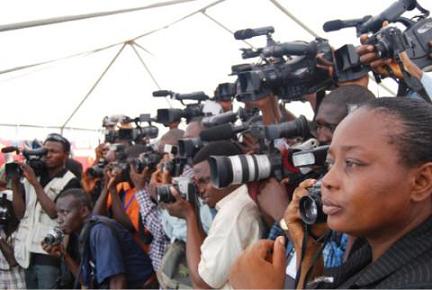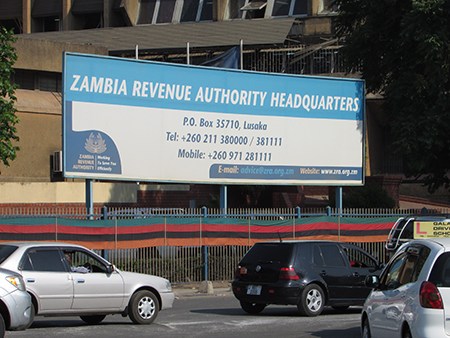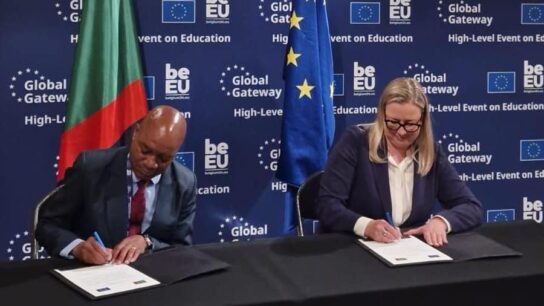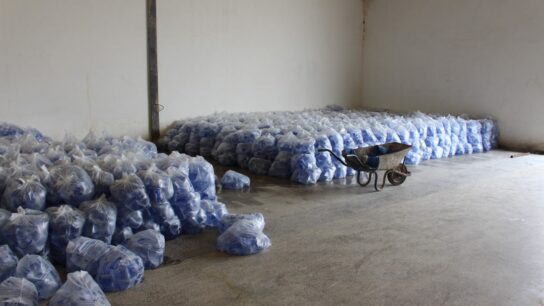• This will ensure media freedom but also allow the public to hold practitioners accountable for their ethical conducts.
• This will be done in line with the progressive policy environment offered by the current government.
• ZAMEC Bill would have offended media practitioners who practice journalism without licences.
Media Associations for Pure Self-Regulation says it has started the process to establish a pure media self-regulation mechanism that will ensure media freedom but also allow the public to hold practitioners accountable for their ethical conducts.
Addressing Journalists in Lusaka, Association Chairperson Austin Kayanda said this will be done in line with the progressive policy environment offered by the current government.
Mr. Kayanda revealed that the Association is about to commence capacity building for journalists and the media to understand the pitfalls of media regulation backed by the law and engagements with the media and journalists in order to develop and implement this mechanism.
“We are taking up a bold step of utilizing this golden opportunity provided by the current government to put in place a pure media self-regulation mechanism that will ensure media freedom but also allow the public to hold government accountable,” Mr. Kayanda stated.
He also revealed that discussions to establish a media regulation mechanism that started in 2018 but stalled due to some unsatisfying clauses in the Zambia Media Council (ZAMEC) Bill, have now resumed.
Mr. Kayanda further stated that the ZAMEC Bill would have offended media practitioners who practice journalism without licences by being jailed up to 3 years if found guilty.
He noted that this is an assault on the media freedom and freedom of expression because licensing of journalism is a threat to media freedom.
“As you can tell, the Media Associations present seek to establish a pure media self-regulation mechanism to provide the public with a mechanism to hold the media accountable for their actions regards ethical conduct. The talks to establish a media regulation mechanism started sometime in 2018 but stalled due to inimical clauses in the ZAMEC Bill that included mandatory registration of individual journalists and sanctions directed at journalist in the Bill,” he said.
He called for concerted participation by journalists to formulate the mechanism for self-media regulation that would promote the ethical standards in journalism practice.
“The media bill would have made it an offense for anyone to practice journalism without a license in Zambia and such a journalist or individual could be jailed up to three years if found practicing without a license. Licensing if Journalism is a threat to freedom of expression because the Zambian constitution provides for the freedom of expression and association.”
“If registration for a media body was mandatory for a Journalist in Zambia, then the right to freedom of expression would require a license by extension. We need regulation but it should not compromise our autonomy and ability to play our role in society,” he added.







